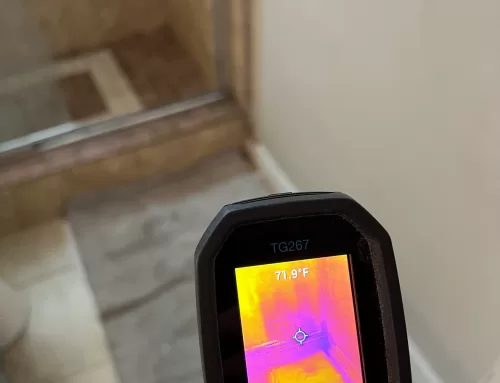We know how stressful end-of-lease and move-outs can be. Landlords and tenants alike often become confused about what qualifies as normal wear & tear versus actual damage when it comes to tenant turnover.
Renters are typically responsible for damage that is out of the ordinary, which can be deducted from a security deposit. Renters are not held accountable for the normal wear and tear on the property – that becomes the owner’s expense.
Tenant damages usually require more extensive repair or cleaning, at a greater cost than “normal wear and tear”. Tenant damage is often the result of a tenant’s abuse or negligence that is above and beyond normal wear and tear.
Here are a few guidelines for determining whether damages to your property are the result of everyday use.
NORMAL WEAR & TEAR
- Faded paint
- Minor holes in the wall from thumbtacks or nails from hanging posters
- Small dent in the wall from the doorknob
- Faded curtains
- Carpet worn by normal use
- Moderate dirt on the carpet
- Minor scratches in the wood floor
- Doors that won’t close due to swelling from humidity
- Warped cabinet doors that won’t close
TENANT CAUSED DAMAGE
- Unauthorized paint job that requires re-painting
- Major holes in the wall or excessive amount of small holes from tacks/nails
- Drawings, crayon markings, or wallpaper that was not approved
- Stained, broken, or missing window blinds
- Stained, ripped, or burn marks on the curtains
- Stained, ripped, or burned carpets
- Chipped or gouged wood floor
- Water stains on wood flooring from a window left open during a storm
- Door ripped off its hinges
- Broken cabinet doors
- Missing or damaged smoke detector or Carbon Monoxide alarm.
A few other things to consider when evaluating normal wear and tear on your rental property.
Cleaning Fees
It’s reasonable to request that tenants return the unit to you in a clean condition. Tenants can refer to the lease agreement for a list of what’s expected before a move-out so they have time to clean and make any necessary repairs before the walk-through inspection. If the home is left in a dirty condition, it’s reasonable to be charged a cleaning fee.
TAKE CARE OF THE PROPERTY THROUGHOUT THE LEASE, NOT JUST AT THE END
Most tenants aren’t going to intentionally trash a property. And most landlords don’t want to claim security deposits. Keeping these great tips in mind will make for an easy move out and key turnover.
You can reach out to us directly with any questions or concerns regarding your move-out. We are happy to help.



